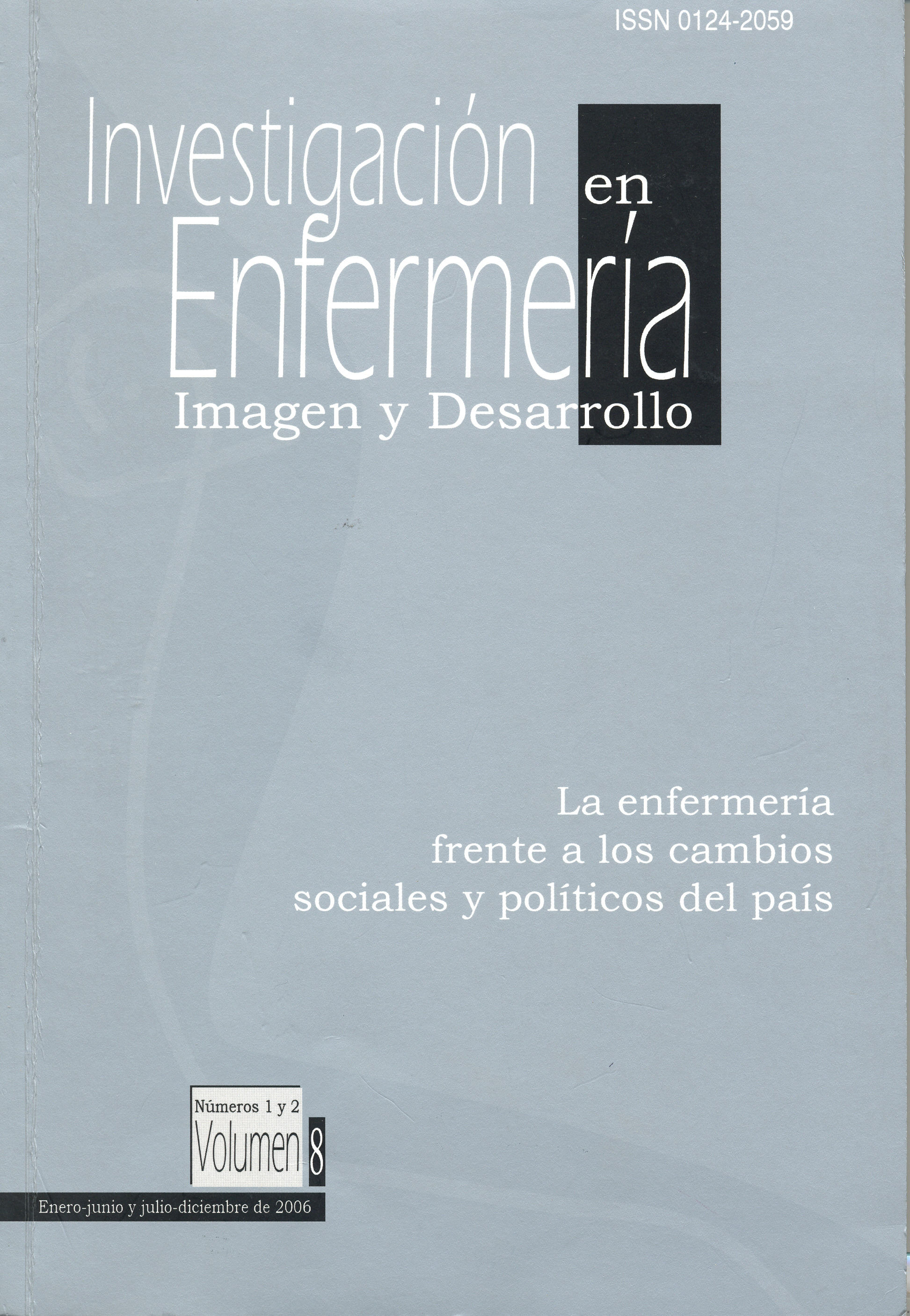Resumen
El paso de la democracia representativa a la participativa, en Colombia, se ha efectuado de manera lenta, parcial y no exenta de resistencias por parte de diversos sectores de la sociedad. Hoy, las cuestiones relacionadas con el fortalecimiento de la participación ciudadana adquieren una legitimidad macroeconómica y gerencial en la administración de los recursos públicos. Esta participación es una alternativa democrática de primer orden, en cuanto permite la inclusión, en las distintas instancias, de los diversos puntos de vista, sobre los problemas ue competen a los ciudaddanos; además posibilita la concertación social en los ámbitos territoriales o sectoriales. No es sólo un estado de gobierno, sino un instrumento técnico a la hora de tomar decisiones con ventajas competitivas, para producir resultados deseables, si se compara con las tradicionales formas burocráticas y paternalistas de llevar a cabo la gestión pública. Introducir la dimensión participativa en planes, programas y proyectos de intervención preventiva y promocional de la salud en las comunidades; identificar algunas de las principales resistencias subterráneas a la participación, y sugerir estrategias para encararlas, constituyen algunos de los aportes que la ciencia política tiene al respectgo. Más que poner el acento en reglamentos de descentralización y comités consultivos, sería más conveniente incorporar un nuevo pensamiento en los profesionales que toman decisiones acerca del mejoramiento, cobertura y condiciones de acceso de la población a un derecho humano fundamental como es la salud.
ABSTRACT
Colombia has moved slowly and partially fromrepresentative to participatory democracy, facing resistance from various segments of society. Todays, the issues related to estrengthening citizen participation have acquired a legitimacy of a macroeconomic and managerial nature in the administration of public resources. This has become a first-class democratic alternative, allowing for the inclusion in different forums of the various points of view about the problems that concern to the citizens and promoting social agreement in the territory and/or segment levels. It is not just a governing style, but also a technical instrument for decision making with a competitive edge resulting in a desirable outcome when compared with the traditional bureaucratic and paternalist ways of carrying out public management. The political science may contribute in this regard by, among others, introducing the participatory dimension in plans, programs, and projects for preventive and promotional health intervention in communities; identifiying some of the main uderground resistance to participation; and suggesting the strategies to face them. Tather than emphasizing on decentratlization rules and consultant committes, it would be more convenient to incorporate a new thougth by the professionals that make decisions on improvement, coverage, and access conditions for the population to an essential human right as health.
La revista Investigación en Enfermería. Imagen y Desarrollo se encuentra registrada bajo la licencia Creative Commons Reconocimiento 4.0 Internacional. Por lo tanto, esta obra se puede reproducir, distribuir y comunicar públicamente en formato digital, siempre que se reconozca el nombre de los autores y a la Pontificia Universidad Javeriana. Se permite citar, adaptar, transformar, autoarchivar, republicar y crear a partir del material, para cualquier finalidad (incluso comercial), siempre que se reconozca adecuadamente la autoría, se proporcione un enlace a la obra original y se indique si se han realizado cambios. La Pontificia Universidad Javeriana no retiene los derechos sobre las obras publicadas y los contenidos son responsabilidad exclusiva de los autores, quienes conservan sus derechos morales, intelectuales, de privacidad y publicidad.
El aval sobre la intervención de la obra (revisión, corrección de estilo, traducción, diagramación) y su posterior divulgación se otorga mediante una licencia de uso y no a través de una cesión de derechos, lo que representa que la revista y la Pontificia Universidad Javeriana se eximen de cualquier responsabilidad que se pueda derivar de una mala práctica ética por parte de los autores. En consecuencia de la protección brindada por la licencia de uso, la revista no se encuentra en la obligación de publicar retractaciones o modificar la información ya publicada, a no ser que la errata surja del proceso de gestión editorial. La publicación de contenidos en esta revista no representa regalías para los contribuyentes.


